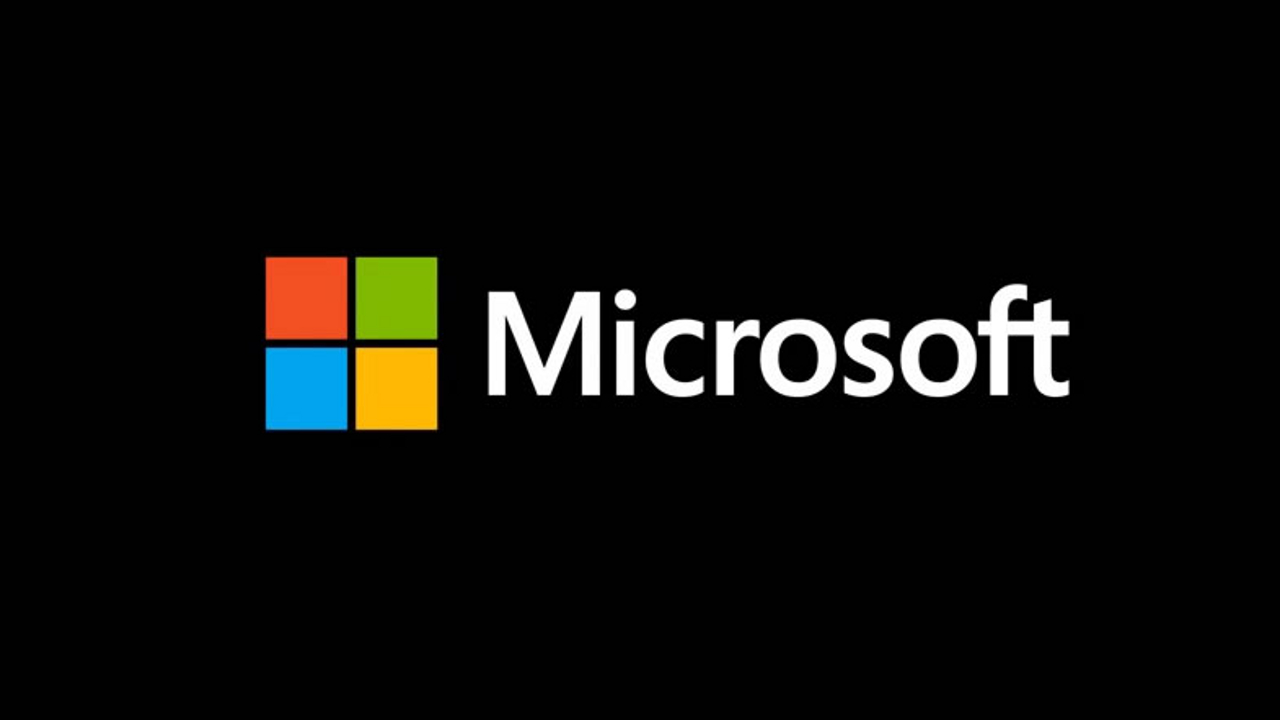Microsoft announces Cloud for Retail, its second vertical cloud
Source: HW Upgrade added 19th Jan 2021
Microsoft Cloud for Retail is the second of the company’s “vertical clouds” that provide companies with specific tools for the sector in which they operate: in this case the focus is on retail trade
by Riccardo Robecchi published on 19 January 2021 , at 08: 21 in the Cloud channel
Microsoft Microsoft 365 Azure
One of the limits largest in the field of traditional software is dictated by the need to modify them to add the functionality necessary for the specific field and this need it has not, however, vanished with the move of the software to the cloud. Microsoft is working to provide “vertical clouds”, designed to meet the needs of specific sectors of market, and Microsoft Cloud for Retail is the solution designed to meet the needs of the retail trade.
Microsoft Cloud for Retail is Microsoft’s second vertical cloud
Each area is unique and has different procedures and regulatory requirements, which is why it is often necessary to introduce changes to company software. Microsoft thinks that even in the cloud it is necessary to more verticalize services and for this reason it is gradually introducing what it calls ” vertical clouds “: last year it launched Microsoft Cloud for Healthcare, which is now being followed up with Cloud for Retail.
Designed for companies operating in the retail sector , Cloud for Retail consists of services and features from Azure, Microsoft 365, Dynamics 365, Power Platform and Microsoft Advertising (the latter specific to the sector). Thanks to these tools, Cloud for Retail allows you to collect data from heterogeneous sources and insert them into a single model, which is used to help companies achieve better results thanks to predictions and personalization of the user experience.
It is not known what is the price at which Microsoft offers Cloud for Retail, which must be considered in any case as an additional product to be purchased in addition to the licenses for the individual products (Azure, Dyamics 365, Microsoft 365 and Power Platform).
Microsoft’s blog contains more information.
